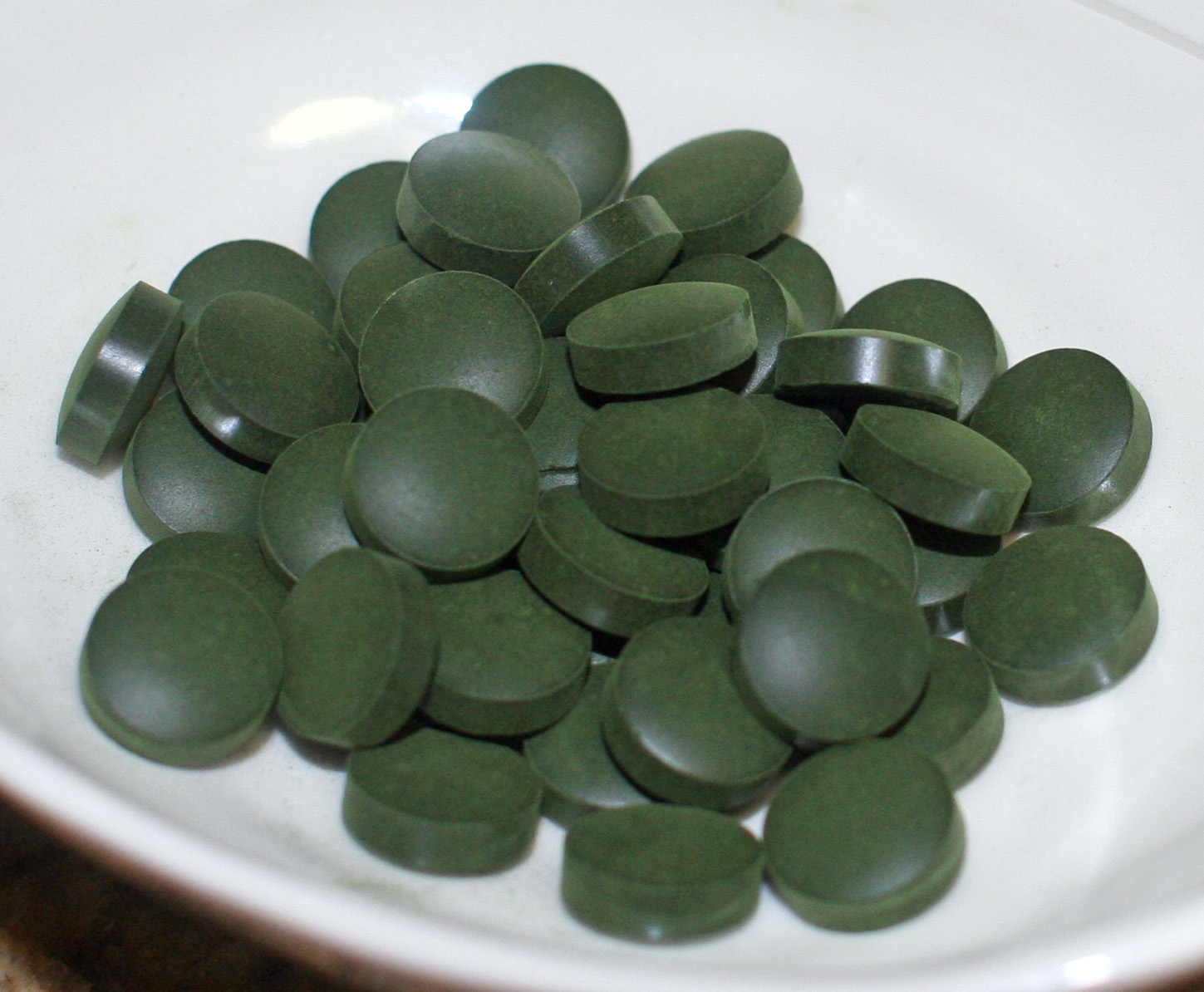At a Glance
- Researchers have developed a method to cultivate Spirulina that produces biologically active vitamin B12, a significant advancement since traditional Spirulina lacks usable B12.
- The study highlights the potential of Spirulina as a sustainable alternative to meat and dairy products, helping to combat vitamin B12 deficiency, which affects over a billion people worldwide.
- The research utilized a biotechnological system called a photobioreactor, which manipulates light conditions to enhance B12 production in Spirulina. This resulted in a carbon-neutral product with B12 levels comparable to beef.
- In addition to active B12, the engineered Spirulina contains other beneficial compounds with antioxidant and anti-inflammatory properties.
- The study suggests that scaling up Spirulina production, particularly in places like Iceland, could meet the daily B12 needs of millions, offering an environmentally friendly solution to reduce reliance on meat and dairy.
A new study published in Discover Food highlights a breakthrough in addressing vitamin B12 deficiency using Spirulina, a type of blue-green algae. Dr. Asaf Tzachor and his team from Reichman University and researchers from Iceland, Denmark, and Austria have developed a method to cultivate Spirulina that produces biologically active vitamin B12. This vitamin is essential for human health and is found in levels comparable to beef, marking a significant advancement since traditional Spirulina lacks usable vitamin B12.
Vitamin B12 is crucial for the body’s red blood cells and nerve function. However, more than a billion people worldwide suffer from B12 deficiency. Typically, people get this vitamin from meat and dairy products, but increasing their consumption has environmental drawbacks. Spirulina has been suggested as a sustainable alternative, but previous strains of this algae contain a form of B12 that humans cannot use. The new research overcomes this issue by using advanced biotechnology to grow Spirulina with active B12.
The researchers used a special biotechnological system developed by VAXA Technologies. This system manipulates light conditions to boost B12 production in Spirulina. This system, known as a photobioreactor, helps the algae produce not only B12 but also other beneficial compounds with antioxidant and anti-inflammatory properties. The result is a carbon-neutral Spirulina product with active B12 levels similar to those found in beef.
The team’s study also explores how scaling production could help combat global vitamin B12 deficiency. They found that by reallocating electricity from heavy industry, Iceland could produce enough Spirulina to meet the daily B12 needs of millions of young children. This method represents a promising, environmentally friendly solution to vitamin B12 deficiency, reducing the need for meat and dairy products while providing a vital nutrient to those in need.
References
- Reichman University. (2024, August 20). Study unveils sustainable solution to vitamin B12 deficiency. Phys.Org; Reichman University. https://phys.org/news/2024-08-unveils-sustainable-solution-vitamin-b12.html
- Tzachor, A., van den Oever, S. P., Mayer, H. K., Asfur, M., Smidt-Jensen, A., Geirsdóttir, M., Jensen, S., & Smárason, B. O. (2024). Photonic management of Spirulina (Arthrospira platensis) in scalable photobioreactors to achieve biologically active unopposed vitamin B12. Discover Food, 4(1), 69. https://doi.org/10.1007/s44187-024-00152-1











